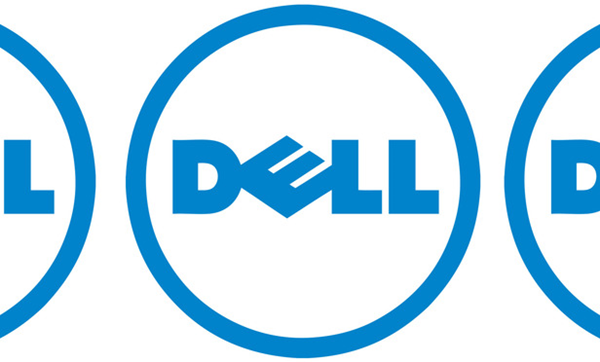|
Laster Rules Dell Merger Shortchanged Shareholders
Tom McParland,
Delaware Business Court Insider
May 31, 2016
Vice Chancellor J. Travis Laster on Tuesday ruled that
Michael Dell and the private equity firm Silver Lake underpaid
investors by approximately 28 percent in the $24.4 billion
going-private merger of Dell Inc. in 2013.
In a 114-page opinion, Laster ruled Silver Lake should
have paid $17.62 per share to acquire the computer company, based on a
discounted cash flow analysis. Instead, the technology investing firm
bought Dell for $13.75 after a back-and-forth sales process in which
it twice sweetened the pot for dissenting stockholders.
At the time of the sale, Dell was struggling to compete
in the PC market, as internal revenue projections clashed with a
depressed stock price and waning expectations for the company Michael
Dell started out of his freshman dorm room more than three decades
ago.
Only 70 percent of the shares present at a September
2013 merger voted in favor of the deal. Those opposed pursued the
high-stakes appraisal action, arguing that Dell's fair value was more
than twice the merger price.
Earlier this month, Laster booted approximately 27
million shares held by T. Rowe Price from the proceedings because of a
mishap that caused them to be voted in favor of the merger.
T. Rowe Price publicly opposed the deal and said its
shares were still eligible to be appraised. But Laster disqualified
the shares under Delaware's dissenter requirement, which mandates that
investors who wish to seek appraisal vote their shares against a
merger.
Based on Laster's decision on Tuesday, T. Rowe Price
would have been eligible for a payout of more than $100 million.
In his analysis, Laster described a sales process that
was flawed but not malicious. For instance, he said, the chasm between
the market's perception of Dell and the company's operative reality
and limited competition throughout prevented investors from getting
more consideration from their shares.
"The sale process functioned imperfectly as a price
discovery tool, both during the pre-signing and post-signing phases,"
Laster said. "Its structure and result are sufficiently credible to
exclude an outlier valuation for the company like the one the
petitioners advanced, but sufficient pricing anomalies and
disincentives to bid existed to create the possibility that the sale
process permitted an undervaluation of several dollars per share."
Were the process to be challenged on the basis of
fiduciary duties, it "would sail through if reviewed under enhanced
scrutiny," he added.
Only Silver Lake and KKR & Co. submitted pre-signing
offers to buy Dell, but KKR dropped out of the running, leaving Silver
Lake as the only serious potential buyer. Blackstone Management
Partners and billionaire activist investor Carl Icahn each made
post-signing bids during a 45-day go-shop period, but both offers
failed to materialize.
The outcome deal, on total, did not hold up as the most
reliable indicator of Dell's value, Laster said. And while the market
data foreclosed the petitioners' argument that the merger undervalued
the company by $23 billion, the available information did show that
investors were shortchanged, albeit to a lesser degree.
"What the market data does not exclude is an
underpricing of a smaller magnitude, given that all of the
participants constructed their bids based on a leveraged financing
model and were limited by its constraints," he said.
In his review, Laster turned to a discounted cash flow,
or DCF, analysis, an approach the Chancery Court favors because it
"merits the greatest confidence within the financial community," and
he seemed to distance the court from the industry-standard leveraged
buyout pricing model for determining fair value.
"The fair value generated by the DCF methodology
comports with the evidence regarding the outcome of the sale process,"
he said.
According to court documents, the bulk of the remaining
shares eligible for appraisal belong to hedge fund Magnetar Capital,
which stands to gain nearly $15 million for its almost 4 million
shares, plus interest accruing from the deal's closing date.
Stuart M. Grant of Grant & Eisenhofer represented the
petitioners. He declined to comment on the case.
Gregory P. Williams of Richards, Layton & Finger and a
team of attorneys from Alston & Bird's Atlanta and Los Angeles offices
represented Dell. Williams did not immediately return calls seeking
comment.
The case was captioned
In re Appraisal of Dell.
Tom McParland
can be contacted at 215-557-2485 or at
tmcparland@alm.com.
|
Copyright 2016. ALM Media Properties, LLC. |
|
